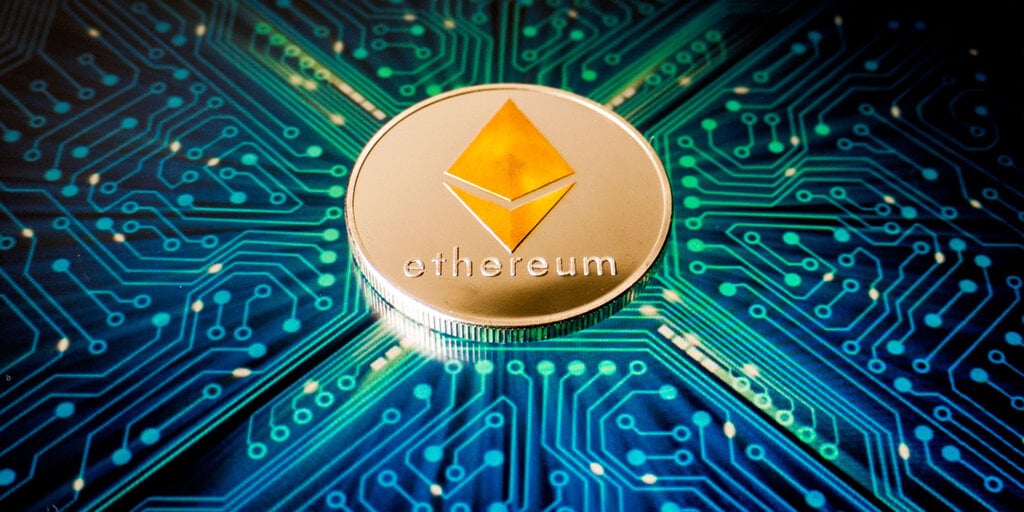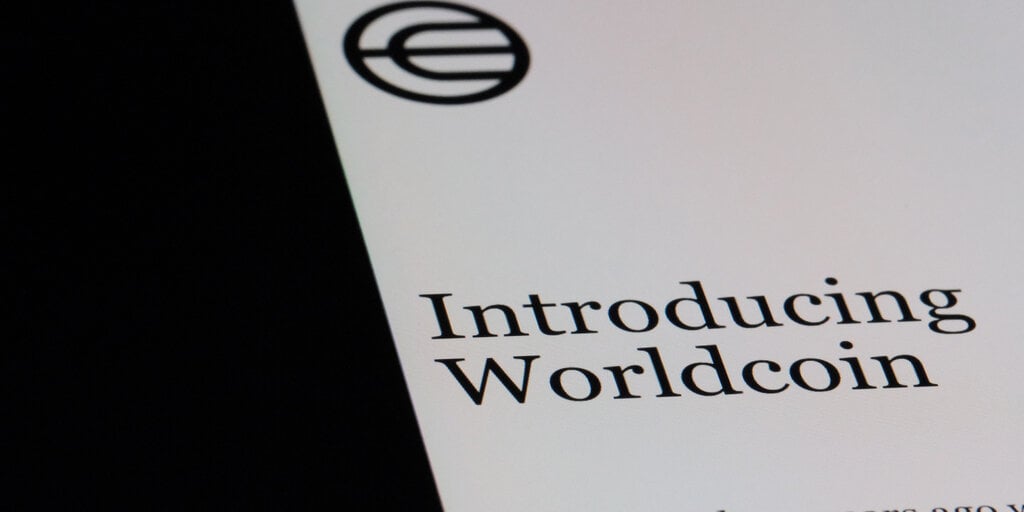Quantum Temple: Revolutionizing the Travel Industry Through Blockchain Integration
Quantum Temple, a trailblazing enterprise, is redefining the travel industry by merging blockchain technology with heritage tourism. In a strategic collaboration with Mysten Labs and the Ministry of Tourism and Creative Economy of Indonesia, Desa Manukaya Let, Quantum Temple has unveiled a pioneering Web3 travel experience centered around Pura Tirta Empul, an Indonesian UNESCO World Heritage Site nestled in the picturesque island of Bali.
The venture introduces a novel concept where visitors actively engage with Bali’s aquatic heritage using non-fungible tokens (NFTs) and blockchain-powered tickets. At the helm of this innovative initiative is Linda Adami, the visionary founder and CEO of Quantum Temple. Adami, a forward-thinker with a passion for leveraging blockchain technology to enhance transparency and empower communities, was first introduced to the potential of blockchain during her collaboration with the government of Dubai.
Driven by a desire to address the inefficiencies prevalent in traditional industries, Adami’s inspiration soared during her sabbatical in Bali, where she witnessed the adverse impact of tourism on local communities. Her vision for Quantum Temple is rooted in the seamless integration of Web3 functionality into an industry known for its low-tech resources, achieved through the utilization of cutting-edge Sui technologies such as zkLogin, NFTs, and sponsored transactions.
Empowering Users and Advocating for Regenerative Tourism
Quantum Temple’s mission is twofold: to engage users, including those unfamiliar with blockchain technology, through an exceptionally intuitive platform, and to champion regenerative tourism, an approach that seeks to enhance the well-being of travel destinations and local communities. Central to Quantum Temple’s offerings is the Quantum Temple Passport, a decentralized loyalty program that not only grants users access to exclusive tours and activities but also leverages a non-custodial Sui wallet to create a dynamic and soulbound token that fosters centralized engagement.
The platform’s integration of zkLogin, allowing users to seamlessly create accounts using existing Google or Facebook credentials, has significantly expanded Quantum Temple’s user base, underscoring the platform’s accessibility and popularity. Furthermore, Quantum Temple addresses the challenges of overtourism and data silos by implementing blockchain templates for cultural sites, thereby enhancing the visitor experience, improving tourism distribution quality, and providing local authorities with essential data and insights to effectively manage cultural attractions.
Embracing Phygitical Assets and Driving Cultural Preservation
One of Quantum Temple’s defining features is its fusion of physical and digital assets, creating a bridge between tangible and virtual experiences. Travelers have the opportunity to collect both material souvenirs such as locally crafted wooden sculptures and digital assets like NFTs, serving as collectibles and tokens for financing local cultural preservation projects.
As Quantum Temple sets its sights on expanding its groundbreaking travel experiences to new destinations and collaborating with the global travel ecosystem, the company remains steadfast in its commitment to showcasing blockchain’s transformative potential in enhancing inclusivity and sustainability within the tourism sector. This journey symbolizes a shift towards a more modern travel experience, harnessing blockchain technology as a catalyst for positive change, benefiting the individuals who contribute to and depend on the industry’s vitality.
Image/Photo credit: source url





